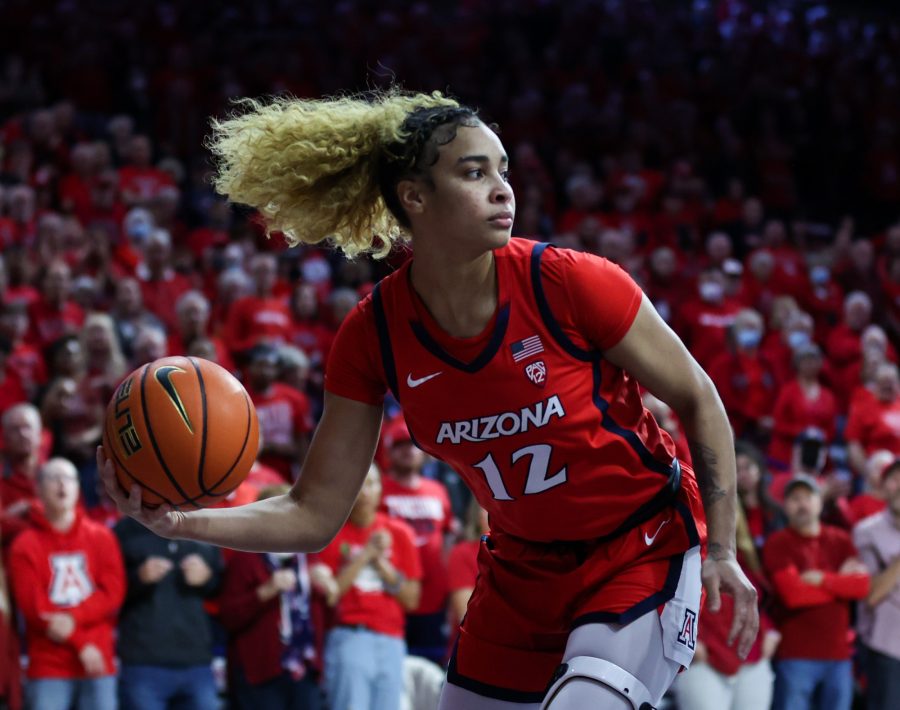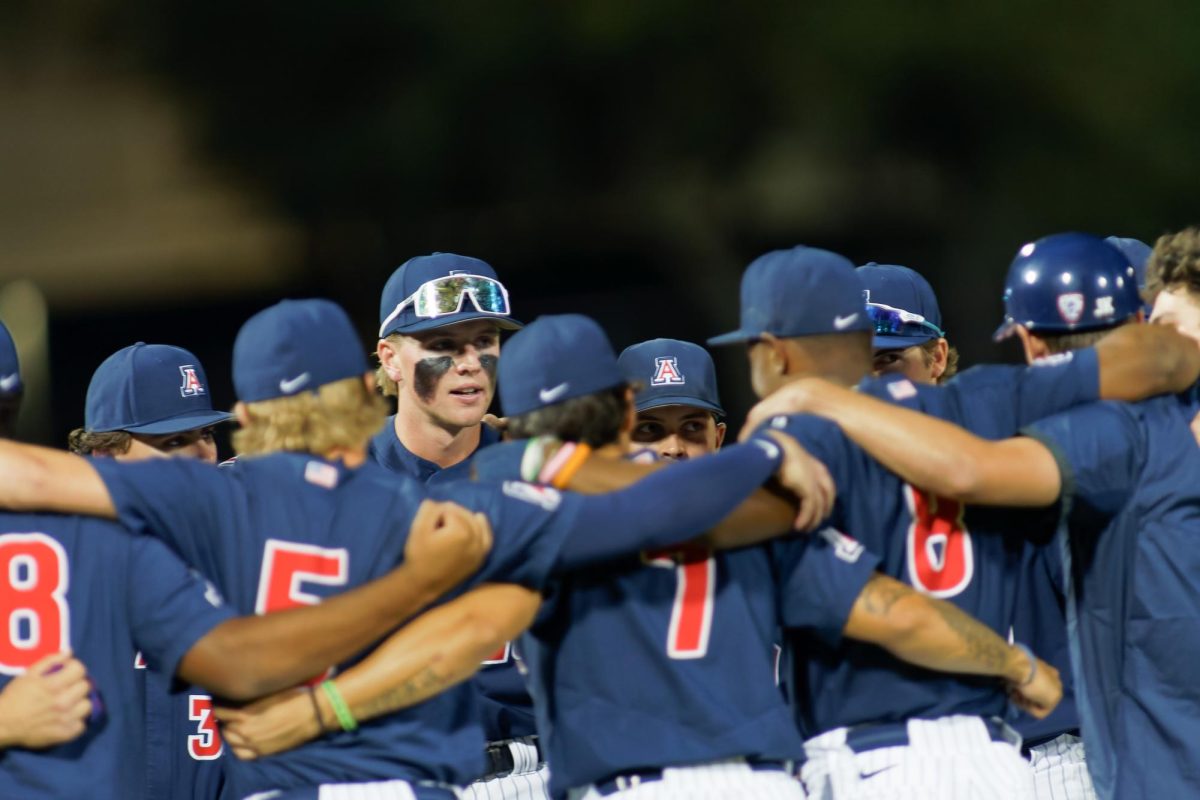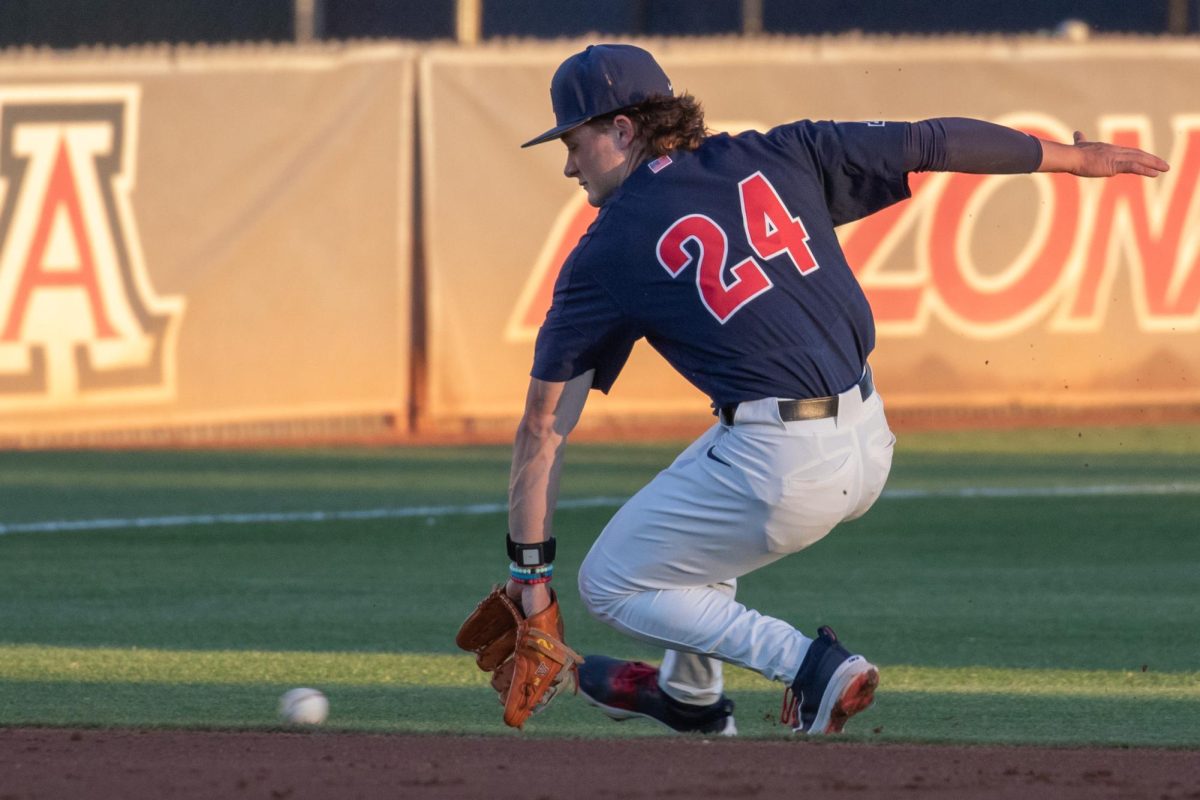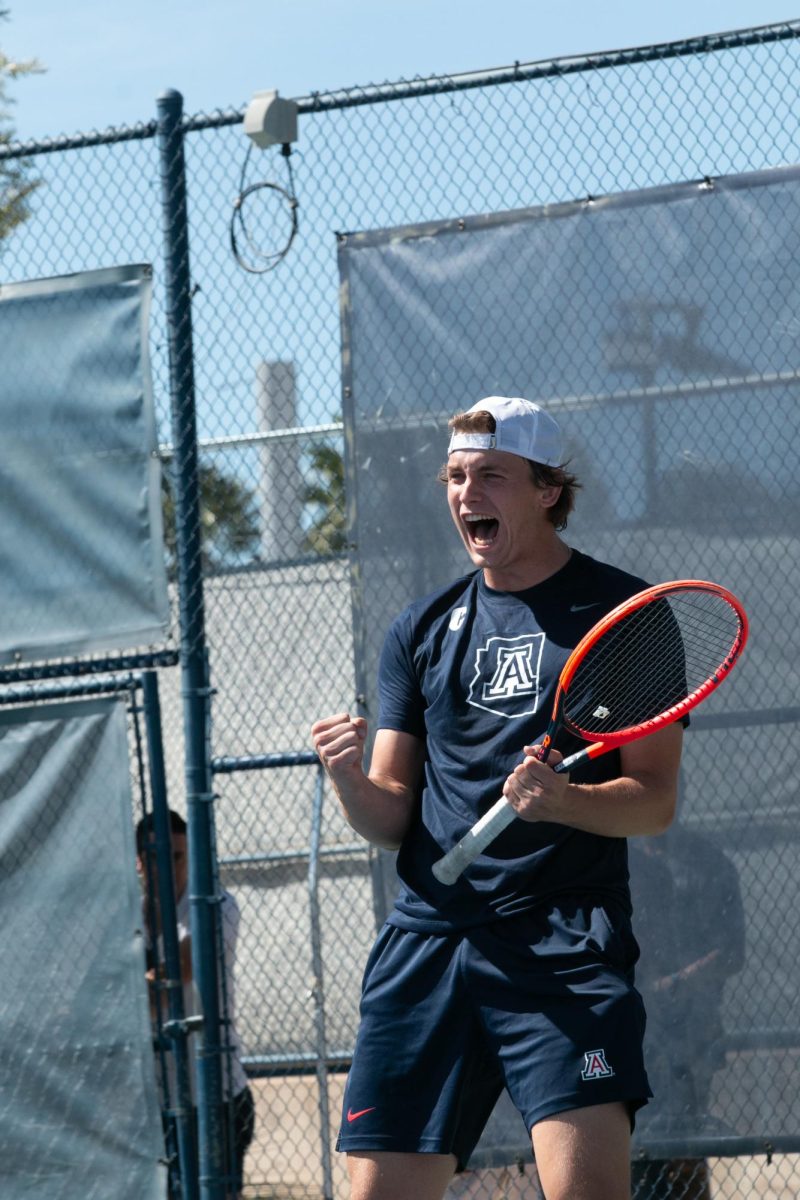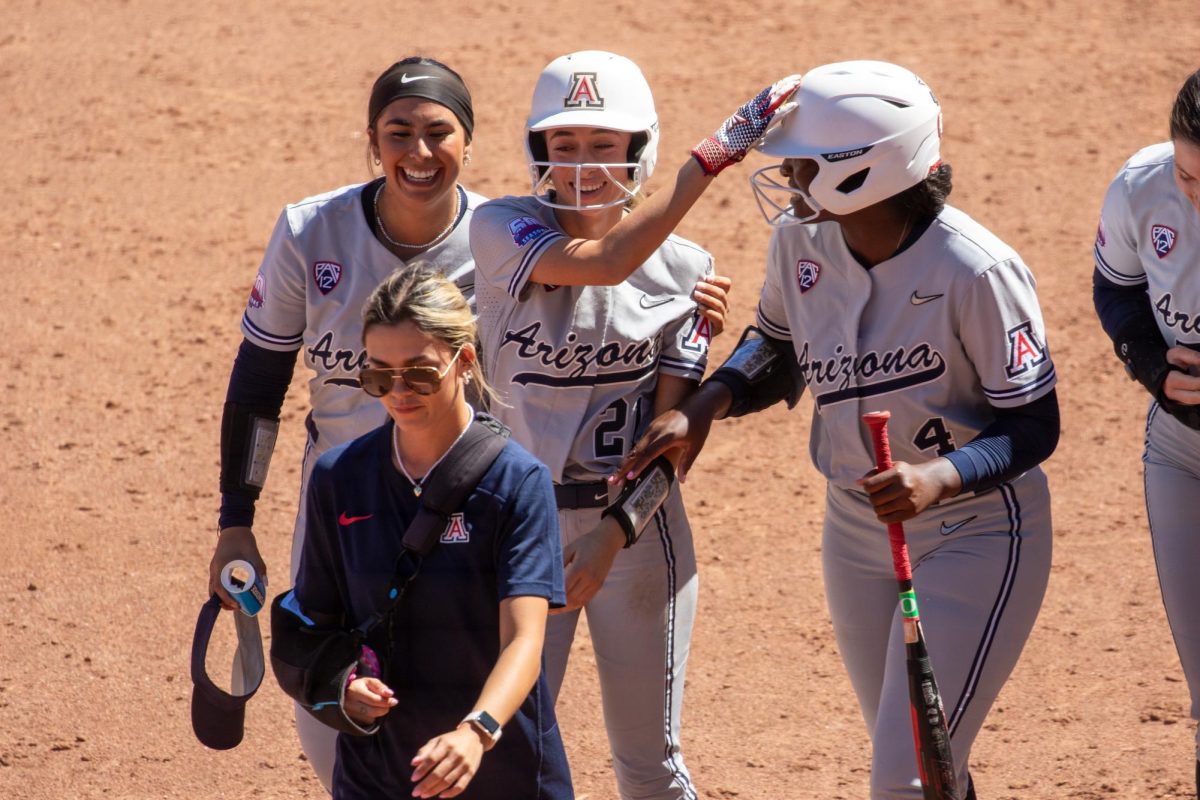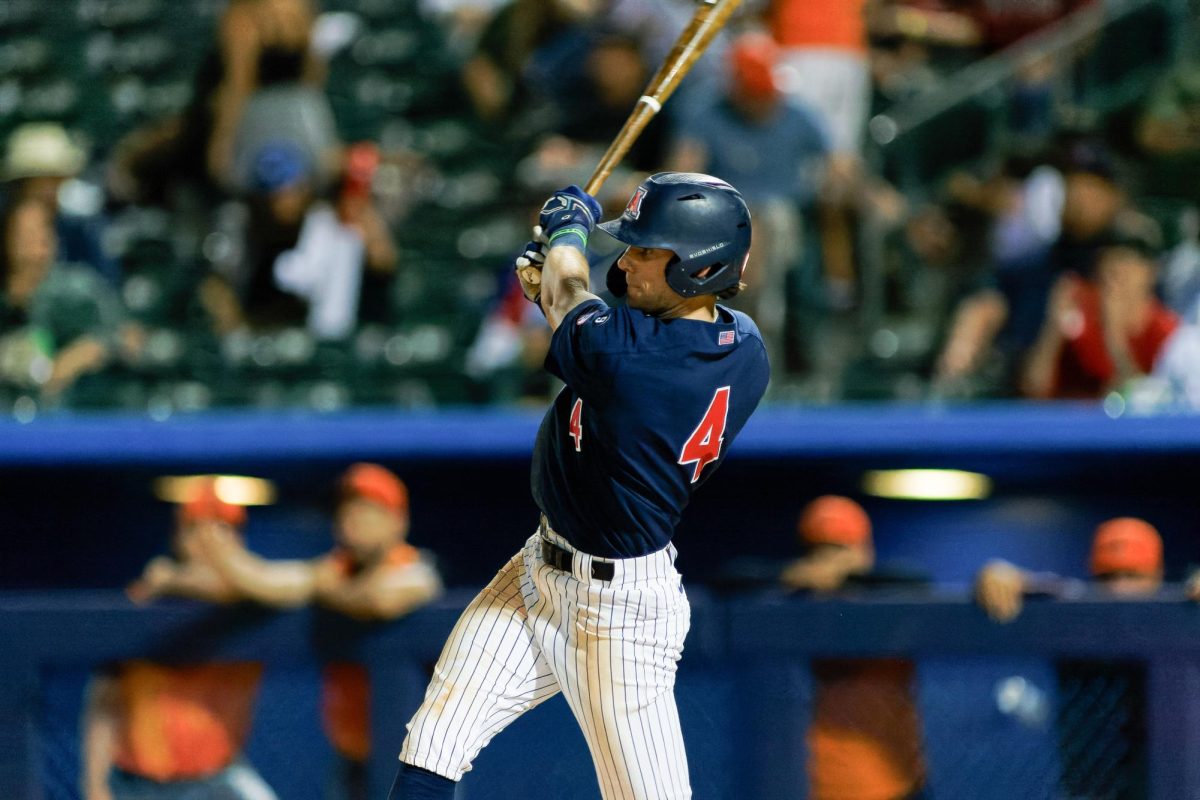One of my favorite people in the world is Robin Roberts.
In the 1990s, when men dominated sports journalism, Roberts made her way in and shattered the glass ceiling. A black woman, Roberts came to ESPN as an anchor on “SportsCenter” and won the respect of her colleagues and viewers. And she did so with poise and elegance.
Fast forward to today.
Erin Andrews. Pam Oliver. Rachel Nichols. Sam Ponder. Women are all over the sports broadcast scene. They’re on the sidelines, they’re anchors, they’re doing in-depth investigative pieces.
But the truth is, there is a long way to go until women are truly accepted in the sports journalism world.
The women I just mentioned? They’re all in sports broadcast. They’re on camera as the pretty face of sports. Erin Andrews was even voted America’s Sexiest Sportscaster by Playboy Magazine in 2008 and 2009.
Thanks for acknowledging her journalistic talents.
People tell me I have the face for broadcast. I have the personality for broadcast. But what if I don’t want to do broadcast?
What if I want to sit in the press box and write stories on deadline? What if I enjoy writing columns and features and having a byline in the paper? Is that just for men?
According to a 2012 study from The Institute for Diversity and Ethics in Sport, at 150 newspapers and websites around the country, 90.4 percent of sports editors were men and 88.3 percent of sports reporters were men.
I have often found myself one of the few, if not the only, women at practices, at press conferences and in the press box.
In other markets, it’s different. There might be handfuls of women covering sporting events. But there’s no question: Women are the minority.
Look, I can hang with the boys, not a problem. But really, it’s 2013. Where are the women sports writers?
I’m not asking anyone to acknowledge the fact that I’m one of the only women around. I want to blend in — I want everyone to look at each other as equals. And I’m lucky that I’ve been treated with respect by my male colleagues.
But it’s obvious that there are some differences between myself and my male counterparts.
Student chapter coordinator for the Association for Women in Sports Media Gina Mizell, who is also the Oklahoma State football beat writer for The Oklahoman, said that in response to her pre-game story for the Oklahoma State/Texas game, a Texas fan wrote her an email that closed by calling her “sweetie.”
“Seriously, really, we’re going to go there?” Mizell said.
That Texas fan wouldn’t have called a male writer “sweetie,” would he?
Although that might not be hugely offensive, it’s telling of the ways men are treated differently than women in the business.
A man wouldn’t be accused of flirting to get a story, nor would he be ogled by athletes as he walks off the practice field.
The problem is that if a female reporter makes a mistake, her gender becomes a target of scrutiny.
Recently, an editor of mine wrote a blog that sparked a lot of outrage.
It was football trash talk, not her most well-written piece, and maybe it was an error in judgment. But the backlash against the piece has been relentless, and quite frankly, repulsive.
The comments and the tweets derailed from football itself — they became personal attacks.
People attacked her gender with comments that were both disgusting and degrading in nature.
“Get back in the kitchen,” they said. “Become a housewife.”
“Assume the position. #KNEES,” they said. “Suck my dick.” And of course, the classic: “Women and sports don’t mix.”
Sure, sports fans are passionate. Columnists, male or female, open themselves up to vitriol whenever they express an unpopular opinion. But the insults thrown at a male writer are different than those female writers have to face.
“You’ll deal with heat no matter if you’re a man or a woman; I just think it’s a different type of heat,” Mizell said. “It goes from stuff like, ‘You’re an idiot’ to ‘Get back in the kitchen,’ or stuff about your appearance that I don’t think my male counterparts necessarily have to deal with.”
It’s 2013. Haven’t we gotten past the stereotype that women belong in the kitchen? Haven’t we accepted that women can, indeed, talk about sports? Haven’t we gotten past the fact that women are equal to men in this country and shouldn’t be treated differently in the workplace?
It might not be the 1990s, but we sure have a long way to go.
—Follow Scarlett McCourt @scarlettnoelani



